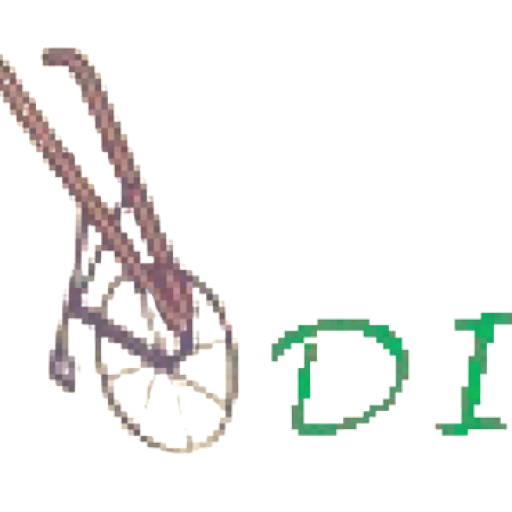Published by: GAFSP

Before the epidemic, the Sara Bangla Krishak Society had received financing from the Initiative, which has touched over 9,000 smallholder farmers in Bangladesh, 62% of whom are women. Farmers were connected directly to new, lucrative market possibilities via the MMI pilot project, which offered a grant of US$15,000–20,000 to farmers’ groups to help them establish sustainable businesses by offering technical knowledge and business development training.
“We are extremely pleased to engage with more farmers in Bangladesh going ahead,” said Obydul Haque, General Secretary of the Sara Bangla Krishak Society. Building organizational capacity inside producer groups, increasing business capacity, as well as financial and digital literacy, and giving access to financing via revolving loan funds, have proved to be a highly effective strategy. We now want to utilize this strategy to empower additional farmers throughout the nation.
Farmers have already received training in the production of high-value produce such as vegetables and fruits. They were also putting in place seed village,’ which is a community-based seed production system run by farmers’ groups with the goal of increasing output and quality of food. The training has included youth, and some farmers have been able to get financing from major commercial banks.

Recent Comments